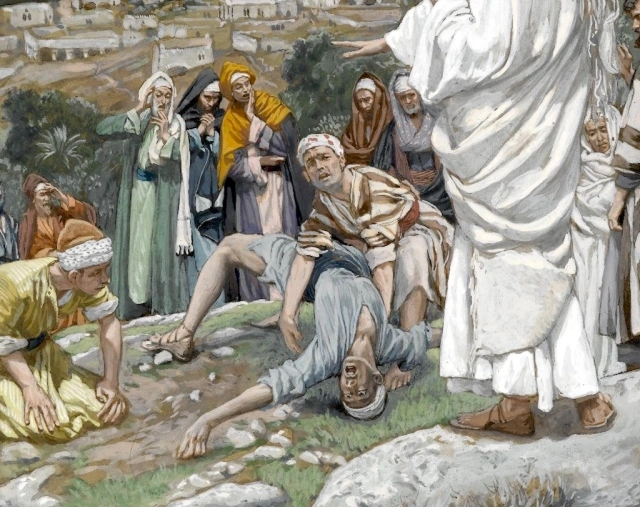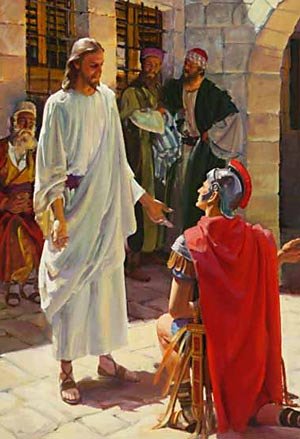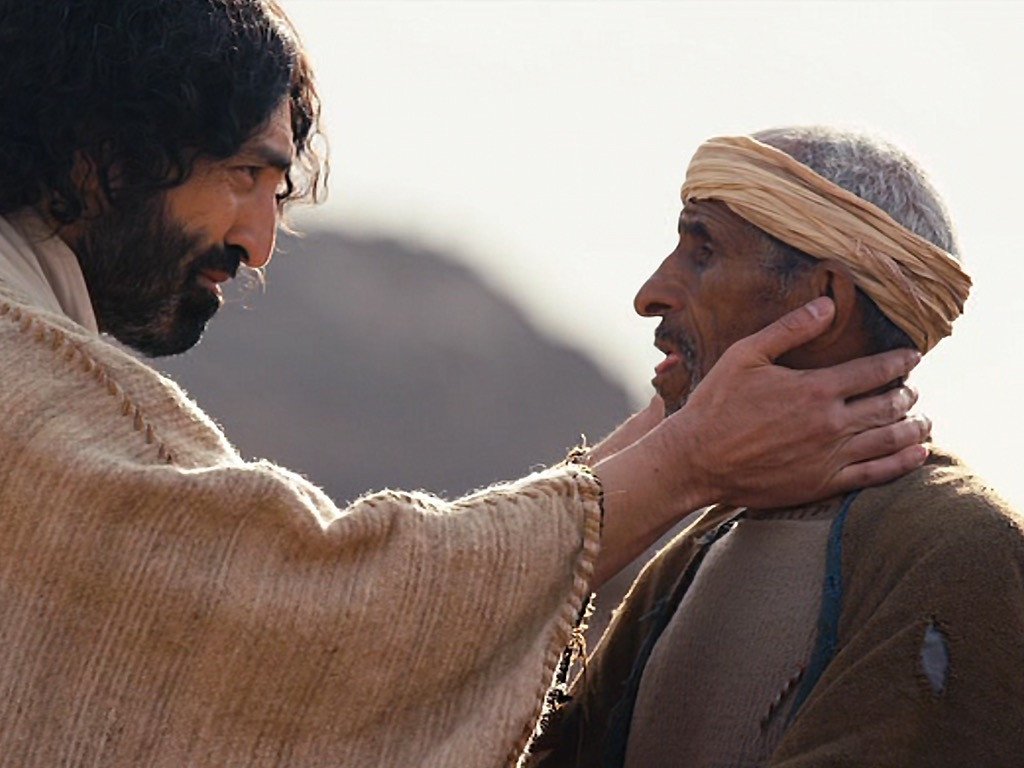I begin by taking this first miracle as it always intrigued me, Jesus feeding so many with just five loaves and 2 fish.
I began by reading the scripture from John 6:1-14 from the New Revised Standard Version (NRSV). I also did a second reading from the New Kings James Version (NKJV) a different version of the bible to get a different perspective of the same Miracle.
So this is what I came up with.
The problem before Jesus was, of course, was how to meet the needs of such a vast crowd of people. He could ignore the need, but being the Christ, He had compassion on the people.
Four different solutions were presented to us, to this problem.
First, the disciples suggested that Jesus send the people away (Mark 6:35–36). Get rid of the problem, that’s what they had said earlier too, is it not? (Matt. 15:23). But Jesus knew that the hungry people would faint on the way if somebody did not feed them. It was evening (Matt. 14:15), and it was no time for travel.
It sets me thinking in my personal life, when problems come, I too feel disillusioned and want to give up. The easiest way is to avoid the problem or to see as to how to make the problem go away rather that trust in the Lord. The question that I need to answer is do I have enough compassion as Jesus had for the multitudes? I need to grow in this area.
Second solution came from Philip in response to our Lord’s “test question” (John 6:5-6). Philip “counted the cost” and decided they would need the equivalent of 200 days’ wages! And even that would not provide bread enough to satisfy the hunger of all the men, women, and children, the men were about 5,000 not counting the women and children (Matt. 14:21). Too often, I think that money is the answer to every need. Of course, Jesus was simply testing the strength of Philip’s faith.
Again thinking when I’m put to the test, how do I respond to Jesus? Too often, I too depend on money to solve a problem rather than first looking to the Lord and wait for a solution from him. At times I too count the costs like Philip, how much it pinches me to answer something that the Lord puts in my heart. I’m sure it resonates with some of few.
Third partial solution came from Andrew, but he was not quite sure how the problem would be solved. He found a little boy who had a small lunch: two little fish and five barley loaves. Once again, Andrew is busy bringing somebody to Jesus, he has done this in two other occasions (John 1:40–42 and John 12:20–22). Nothing is said about how Andrew met this lad, but I’m sure glad he did! Though not much is mentioned of Andrew in the Gospels, I think he would make a good HR Manager as it would seems that he was a “people person” and another trait he was a “problem solver”. Any project manager would love to have him in his team.
At this stage, I also wonder on the foresight of the mother of this little boy. None of the 5,000 had food except this little boy’s mother who packed it in advance for him. Or was it that none were willing to share their food with Jesus. Or is it they ate all they had and were left with nothing in the evening. I’m getting into too much of speculation here.
I also wonder at the generosity of the little boy. It seems it was all he had and even that little that he had he was willing to share it with the Saviour. Again hats off to the parents for their upbringing of this little boy.
The questions that come to my mind while reading this miracle are manifold. I wonder if I’m a people guy drawing/leading people to the Lord like Andrew. Am I a guy who is a problem solver or a problem maker? When people see me are they willing to follow Jesus? Am I a generous person like the little boy who is willing to help till it hurts. Do I seek the Lord’s foresight in all matters?
The fourth solution came from our Lord, and it was the only true solution. He took the little boy’s lunch, blessed it, broke it, handed it out to His disciples, and they fed the whole crowd! One should note here is that the miracle took place in the hands of the Savior, not in the hands of the disciples. He multiplied the food; they only had the joyful privilege of passing it out. Not only were the people fed and satisfied, but the disciples salvaged twelve baskets of fragments for future use. The Lord wasted nothing.
The practical lesson is clear: whenever there is a need, give all that you have to Jesus and let Him do the rest. Begin with what you have, but be sure you give it all to Him. That little lad is to be commended for sharing his lunch with Christ, and his mother is to be commended for giving him something to give to Jesus. The gift of that little snack meant as much to Jesus as the pouring out of the expensive ointment (John 12:3ff). Like the little boy am I willing to give all that I have in terms of my time, my talents, my money, my other resources that I have to the Lord?
Fifth Point: It is significant that twice John mentioned the fact that Jesus gave thanks (John 6:11, 23). Matthew, Mark, and Luke all state that Jesus looked up to heaven when He gave thanks. By that act, He reminded the hungry people that God is the source of all good and needful gifts. This is a good lesson for me: instead of complaining about what I do not have, I should give thanks to God for what I do have, and He will make it go even farther.
It is important to replicate what Jesus did, he first gave thanks to the Father for answering his prayer. It shows Jesus’s faith that the father would hear him. Secondly it also shows that Jesus thanked the father after the miracle which shows me that I need to do the same both before a prayer and after a prayer is answered.
I thank you for being with me, on this journey. It would be nice to hear from you either on this miracle or about your own journey with the Lord. Until next time, God Bless.



